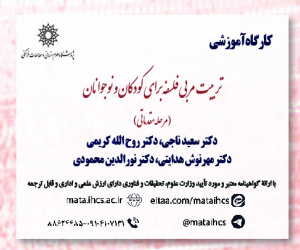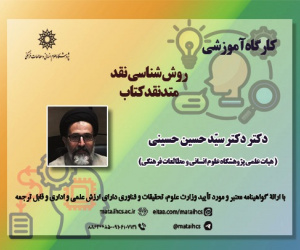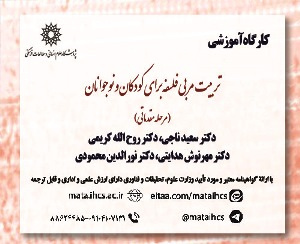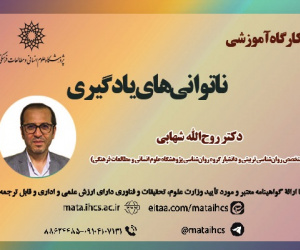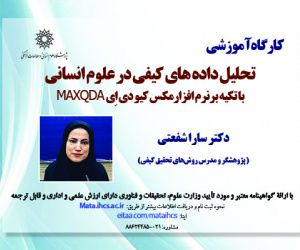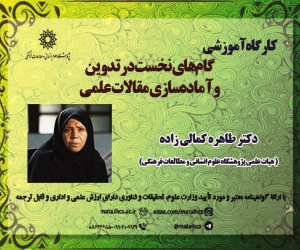ارائه چارچوب نظری بوم سازگان نوآوری دولت الکترونیکی: نظریه داده بنیاد (مقاله علمی وزارت علوم)
درجه علمی: نشریه علمی (وزارت علوم)
آرشیو
چکیده
بر اساس ابرانگاره حکمرانی عمومی جدید، توسعه دولت الکترونیکی مستلزم همکاری نوآورانه است و بوم سازگان نوآوری از شاخص ترین مصادیق آن به حساب می آید. پژوهش حاضر با رویکرد ساختارگرایانه و با تکیه بر ظرفیت های استعاره بوم سازگان، چارچوب نظری بوم سازگان نوآوری دولت الکترونیکی ارائه می کند. روش شناسی پژوهش مبتنی بر نظریه داده بنیاد است. همچنین به منظور مصداق یابیِ سازه هایِ چارچوب پیشنهادی، منتخبی از اسناد بالادستی ایران مبتنی بر رویکرد قیاسی تحلیل شد. مبتنی بر تحلیل محتوای 23 مقاله منتخب از 1596 مرجع اولیه، سازه های چارچوب نظری بوم سازگان نوآوری دولت الکترونیکی در سه سازه کلان بازیگران، پلتفرم و شهروند کنشگر شناسایی و طبقه بندی شد که هر یک شامل زیرسازه های اختصاصی است. چارچوب پیشنهادی با شناسایی و دسته بندی ابعاد متعدد بوم سازگان نوآوری دولت الکترونیکی، به مدیران و سیاست گذاران نوآوری کمک می کند تا قابلیت های بازیگران و پویایی های محیطی را در حکمرانی خود در نظر بگیرند و با تکیه بر آنها به همنواسازی بهینه توسعه نوآورانه دولت الکترونیکی اقدام کنند.A Theoretical Framework for the Innovation Ecosystem of E-Government: A Grounded Theory Approach
According to the overarching paradigm of New Public Governance, the development of e-government requires innovative collaboration, with the innovation ecosystem serving as one of its most prominent examples. This study adopts a structural approach, leveraging the ecosystem metaphor to propose a theoretical framework for the innovation ecosystem of e-government. The research methodology is grounded in the grounded theory approach. To validate the constructs of the proposed framework, selected high-level policy documents of Iran were analyzed using a deductive approach. Based on the content analysis of 23 selected articles from an initial pool of 1,596 sources, the constructs of the proposed framework for the e-government innovation ecosystem were identified and categorized into three main components: actors, platforms, and active citizens, each comprising specific subcomponents. The proposed framework, by identifying and categorizing the various dimensions of the e-government innovation ecosystem, helps innovation managers and policymakers consider the capabilities of actors and the dynamics of the environment in governance. This enables them to optimally harmonize and promote innovative development in e-government.
